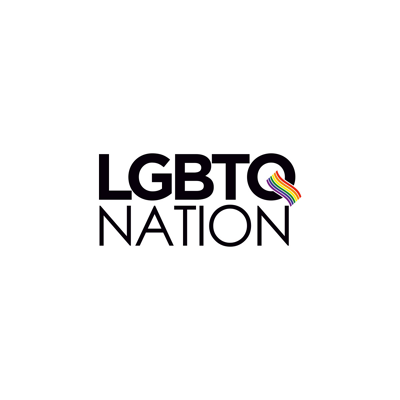
Ralph Russo, AP
INDIANAPOLIS — Jason Collins says he is proud of the NCAA’s “bold” leadership against Indiana’s religious objections law, and the association should avoid putting future Final Fours in states that do not protect the rights of LGBT individuals.
Collins, the first openly gay NBA player, spoke at a news conference in downtown Indianapolis on Saturday with representatives from gay rights groups Athlete Ally and Lamba Legal. He was joined by Derrick Gordon, the first openly gay Division I men’s basketball player.
The now-retired Collins said the revision of Indiana’s Religious Freedom Restoration Act was an important step to decrease civil rights threats to lesbian, gay, bisexual and transgender people, but more needs to be done in Indiana to protect against discrimination.
“The NCAA, they took a bold step,” Collins said. “I think bold leadership is what’s needed. I’m very proud of the NCAA taking such a stance and moving forward they definitely need to make sure the fans, the teams, the players, everyone involved with sporting events, when they go to these venues, when they go to these states, these cities, that all members of the community are protected by the laws there.
Never Miss a Beat
Subscribe to our newsletter to stay ahead of the latest LGBTQ+ political news and insights.
“The sports world is watching.”
The men’s Final Four is being held in at Lucas Oil Stadium in Indianapolis this weekend, not far from NCAA headquarters.
Article continues below
Gordon, who played for Massachusetts last season but is in the process of transferring, said the NCAA’s public stance should be a sign to gay athletes that it is safe for them to come out publicly while competing.
“For them to step up and do what they did, it just goes to show that we are trying to change things,” said Gordon, who will be a senior next season. “I believe honestly after this a lot more college athletes should come out. Just based because you’re going to have support.”
Emmert and NCAA leaders acknowledged earlier this week they will need to take a closer look at similar religious objections laws in other states to see if the association should continue doing business in those places.
This material may not be published, broadcast, rewritten, or redistributed.













